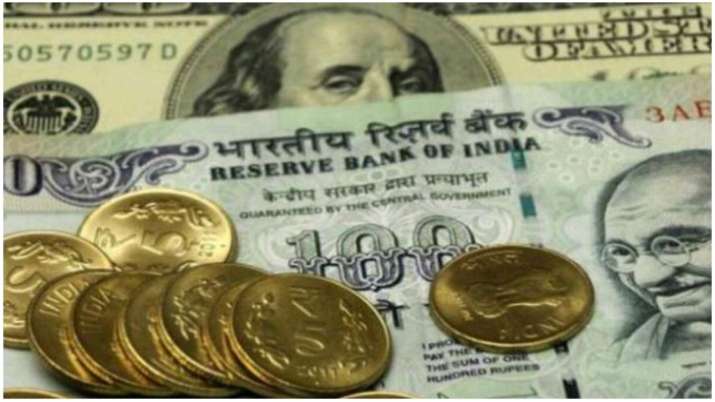
Covid transition from notes, coins unlikely: study
While the fear of COVID infection from banknotes and coins has prompted much contactless payments during the pandemic, researchers say the risk is very low. Experts from the European Central Bank, in collaboration with researchers from the Ruhr-Universitat Bochum in Germany, wanted to clarify how long coronaviruses remain contagious on banknotes and coins. Is it possible to get infected by coming in contact with cash?
The team treated various euro coins and banknotes with virus solutions of different concentrations and over several days to see how long the infectious virus was detectable. A stainless steel surface serves as the control in each case.
While the infectious virus was still present on the stainless-steel surface after seven days, on a 10-euro banknote, it took only three days for it to disappear completely.
After six days, two days, and one hour for the 10-cent, 1-euro, and 5-cent coins, respectively, no infectious virus was detectable.
“The rapid decline in the 5 cent piece is because it is made of copper, on which viruses are less stable,” said Daniel Todd of the university’s Department of Molecular and Medical Virology. This study was published in the journal iScience.
Researchers have also developed a new method to study how well the virus transfers from surfaces to fingers.
They contaminated PVC plates such as banknotes, coins and credit-cards with harmless coronavirus and, under high security conditions, also with SARS-CoV-2.
These surfaces were then touched, while still wet or already dry, by test subjects with their fingers or, in the case of SARS-CoV-2, with artificial skin.
The cell cultures were then inoculated with the virus adhering to the fingers. This allowed the researchers to determine the number of transmitted virus particles that were still infectious.
“We noticed that immediately after the liquid dried, there was practically no transmission of the infectious virus,” Todd said.
“Under actual circumstances, the chances of transmission of SARS-CoV-2 from cash are very small,” he said.
Smear infection through surfaces is almost non-existent. The present study was conducted with the alpha version of SARS-CoV-2 in addition to the wild type variant.
“We believe that other variants, such as the currently dominant delta variant, behave similarly,” said University Professor Eike Steinmann.
Read also | Long gap in Pfizer-BioNtech COVID vaccines increases antibody levels: Study
Read also | Antibodies drop 50% in 3 months of Pfizer, AstraZeneca jabs: Study
.